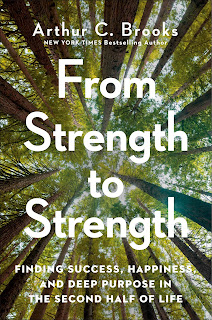Existentialism With Mr. Simplicity
Existentialism
Existentialism is a philosophical movement that originated in the late 19th and early 20th century, mostly in Europe, and later spread around the world. It contends that human beings are not just passive observers of the world but rather active participants in creating their own existence and determining their own meaning. Essentially, existentialism is a way of thinking about life that centers on the human experience, rather than any divine or supernatural explanation.
At the core of existentialism, there are several key concepts that serve as the foundation of the philosophy. Firstly, existentialists believe that existence precedes essence, meaning that human beings are not born with a predetermined purpose, but rather create their own identity throughout their lives. Secondly, they assert that freedom and responsibility are fundamental to human nature, and that individuals are solely responsible for their own actions.
Furthermore, existentialism emphasizes the importance of personal choice and the ability to make decisions in the face of uncertainty, doubt, and ambiguity. It maintains that it's through confronting the difficulties and challenges of life that one can find meaning and purpose. This idea is exemplified through the concept of 'existential angst,' which is the feeling of anxiety and tension that arises as a result of experiencing the inherently uncertain and unpredictable nature of existence.
In contrast to other philosophical schools of thought, existentialism rejects the notion of an objective, absolute truth or morality. Instead, it champions subjective experience and personal freedom. Existentialists often view traditional beliefs and societal norms as mechanisms that lead to conformity, complacency, and repression of the individual.
In recent years, the popularity of existentialism has waned somewhat, although its ideas continue to underpin many contemporary philosophical debates and discussions about personal identity, meaning, and morality. Some critics argue that existentialism is too pessimistic and neglects the importance of community, relationships, and social responsibility. Others suggest that its emphasis on personal choice and individuality may be misguided and overlooks the effects of social and historical factors on human experience.
Existentialism is a philosophy that emphasizes the human experience and provides a framework for examining life's essential questions. It asserts that individuals are responsible for creating their own meaning and identity, confronting the challenges of existence, and making choices that determine their destiny. While some may find its emphasis on freedom and individualism liberating, others may see it as overly bleak and pessimistic. Despite its critics, existentialism remains an influential and enduring philosophical movement in contemporary thought.



Comments
Post a Comment